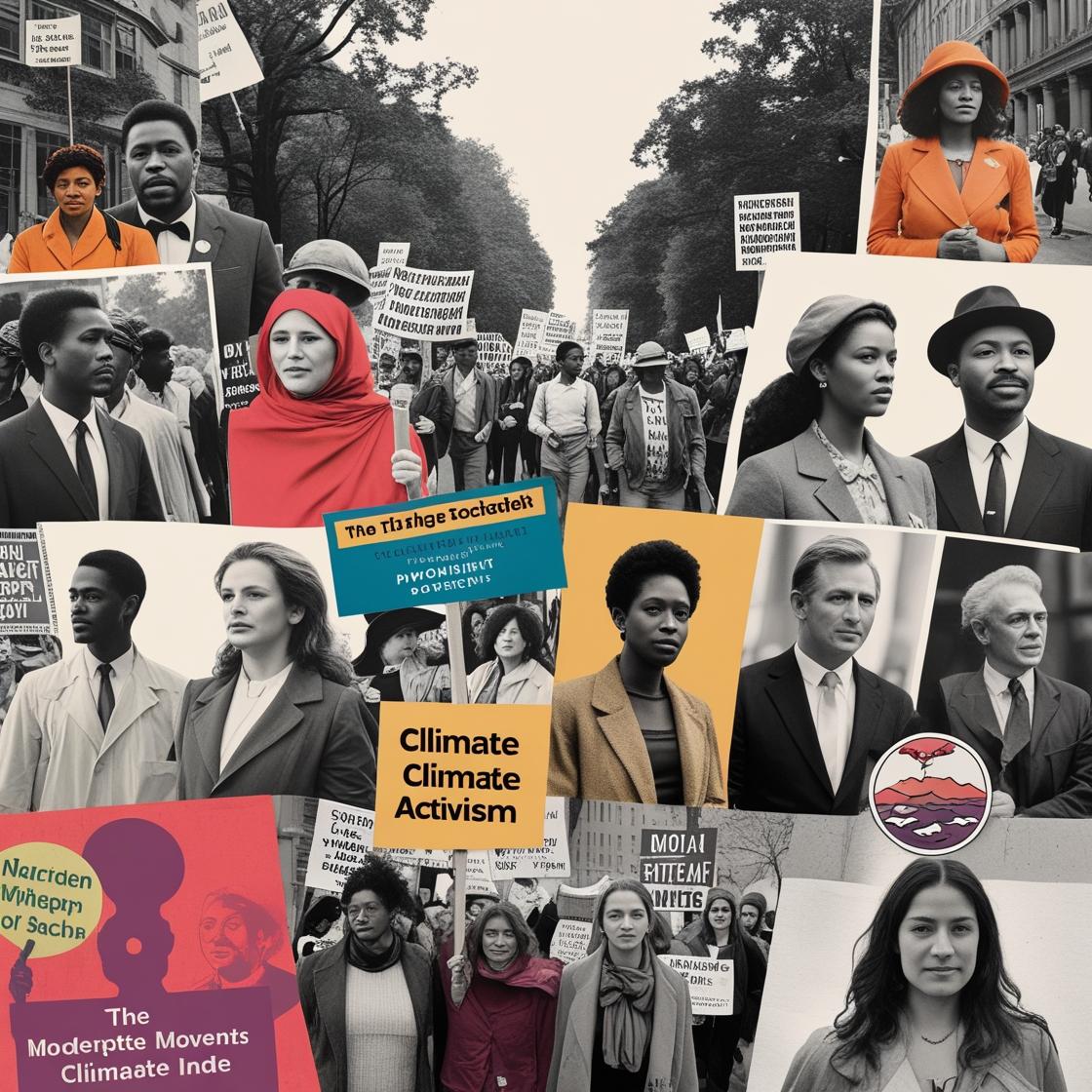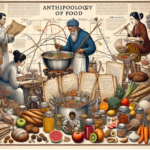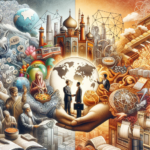
Social Movements: Historical and Modern Examples of Societal Change
Societies are constantly evolving, shaped by cultural, political, and economic forces. However, some of the most profound changes throughout history have been driven by collective action—organized efforts by groups of people demanding a better future. Social movements have played a pivotal role in challenging injustice, shaping public discourse, and rewriting the social contract. From the Civil Rights Movement to Black Lives Matter, these efforts show the power of grassroots activism.
A social movement is a sustained campaign in support of a social goal, typically aimed at creating or resisting change. These movements are often driven by a shared sense of injustice and a vision for societal transformation. While some movements are local, many have achieved global recognition, influencing policies and changing cultural norms.
One of the most iconic examples of a social movement is the Civil Rights Movement in the United States. Spanning the 1950s and 1960s, it aimed to end racial segregation and discrimination against African Americans. Key figures like Martin Luther King Jr., Rosa Parks, and Malcolm X helped spotlight systemic racism and galvanize public support.
Key achievements include:
This movement demonstrated how organized protests, legal challenges, and strategic nonviolence could dismantle institutional racism.
The Feminist Movement has evolved through several waves, each with distinct goals. The first wave in the 19th and early 20th centuries focused on women’s suffrage. The second wave in the 1960s and 1970s expanded to include issues like workplace equality, reproductive rights, and domestic violence.
Today, the movement continues to address:
The Feminist Movement has successfully influenced legislation, transformed workplace cultures, and empowered women across the globe.
The LGBTQ+ Rights Movement has been instrumental in promoting acceptance and equal rights for individuals regardless of sexual orientation or gender identity. Milestones such as the Stonewall Riots of 1969 marked the beginning of a new era of activism.
Notable accomplishments include:
Continued efforts focus on healthcare access, transgender rights, and combating hate crimes.
Founded in 2013 after the acquittal of George Zimmerman in the shooting death of Trayvon Martin, Black Lives Matter (BLM) reignited the fight against systemic racism and police brutality. It gained global momentum following the murder of George Floyd in 2020.
BLM has:
This modern movement mirrors the Civil Rights Movement in its tactics and urgency, utilizing social media for rapid mobilization.
Launched in 2011, Occupy Wall Street brought economic inequality into the national spotlight. The movement began in New York City’s financial district and quickly spread globally.
Its core messages included:
Though it lacked a formal leadership structure, Occupy Wall Street shifted public discourse around income inequality and economic justice.
The Arab Spring was a series of anti-government protests and uprisings that swept across the Arab world starting in 2010. Triggered by the self-immolation of Mohamed Bouazizi in Tunisia, the movement called for democracy, human rights, and an end to corruption.
Countries impacted included:
While outcomes varied, the Arab Spring underscored the power of digital activism and the human desire for freedom and justice.
Concern for the planet has inspired one of the most enduring and widespread social movements: the Environmental Movement. Rooted in the conservation efforts of the 19th century, it gained modern traction with the first Earth Day in 1970.
Current focal points include:
Activists have influenced global agreements like the Paris Climate Accord and driven corporate sustainability efforts.
The Me Too Movement emerged as a powerful force against sexual harassment and assault, particularly in the workplace. It gained momentum in 2017 when allegations against Hollywood mogul Harvey Weinstein surfaced.
Its impact includes:
The Me Too Movement has created a global reckoning on gender-based violence and power dynamics.
If you’re inspired to support or start a social movement, consider these practical steps:
Analyzing past and present movements reveals several key takeaways:
Looking ahead, social movements will continue to evolve, often blending digital activism with traditional organizing. Challenges like climate change, authoritarianism, and economic inequality require coordinated global responses. Movements will likely become more intersectional, data-driven, and collaborative.
To stay engaged:
By understanding the power of collective action, we can all contribute to shaping a more just and equitable society.
Looking to advertise, promote your brand, or explore partnership opportunities?
Reach out to us at
[email protected]








Chose where you want to study, and we will let you know with more updates.